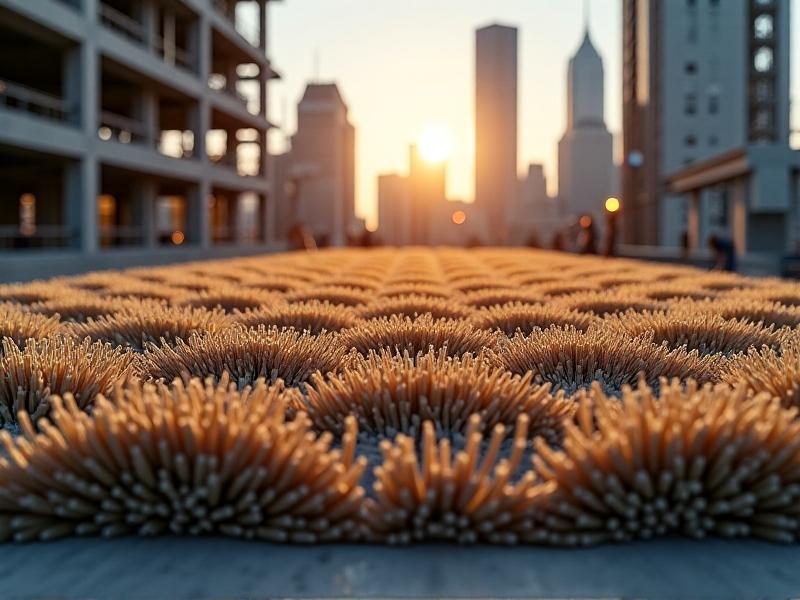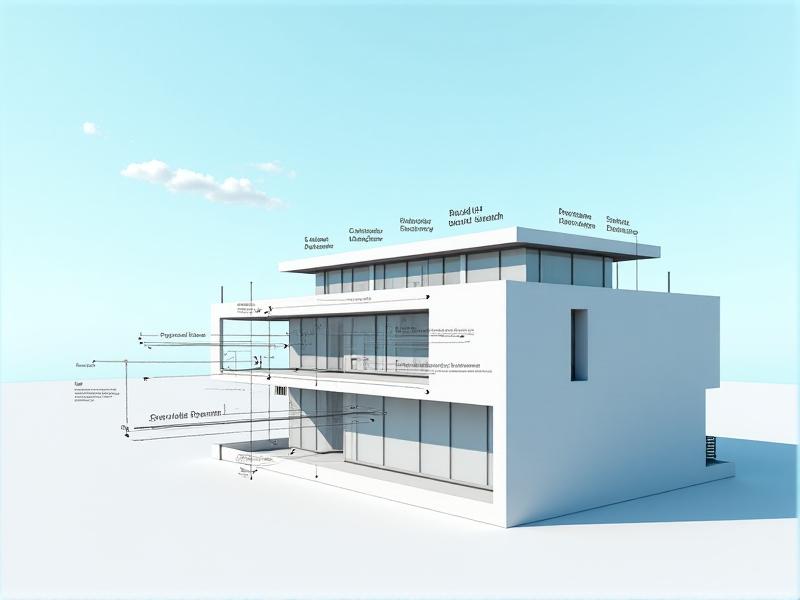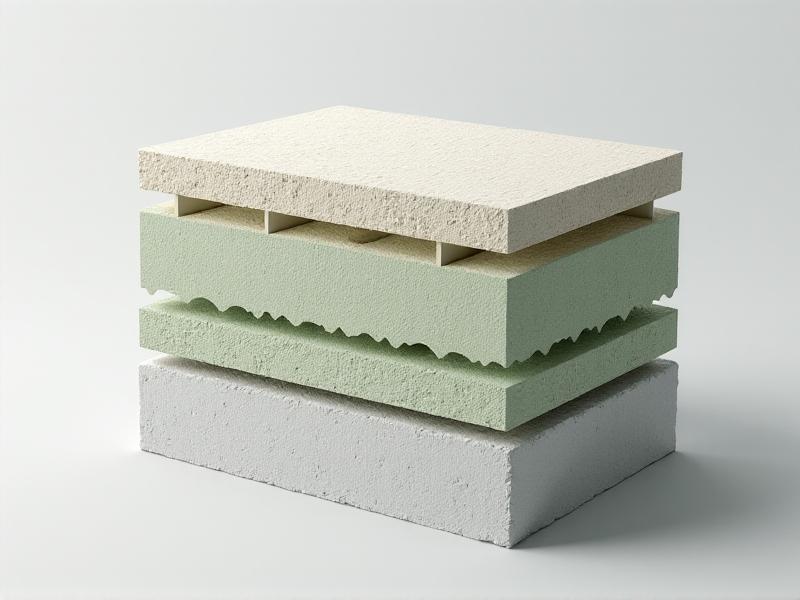Modular Design Approaches for Replaceable Fungal Insulation Units
Introduction to Modular Design in Construction
Modular design in construction is revolutionizing the way buildings are designed, constructed, and maintained. This approach involves creating building components in a controlled factory environment, which are then transported to the construction site for assembly. One of the most innovative applications of modular design is in the development of replaceable fungal insulation units. These units leverage the natural properties of fungi to provide sustainable, efficient, and adaptable insulation solutions. By integrating modular design principles, fungal insulation units can be easily replaced, upgraded, or repaired, ensuring long-term performance and reducing waste. This section will explore the foundational concepts of modular design and its relevance to fungal insulation.
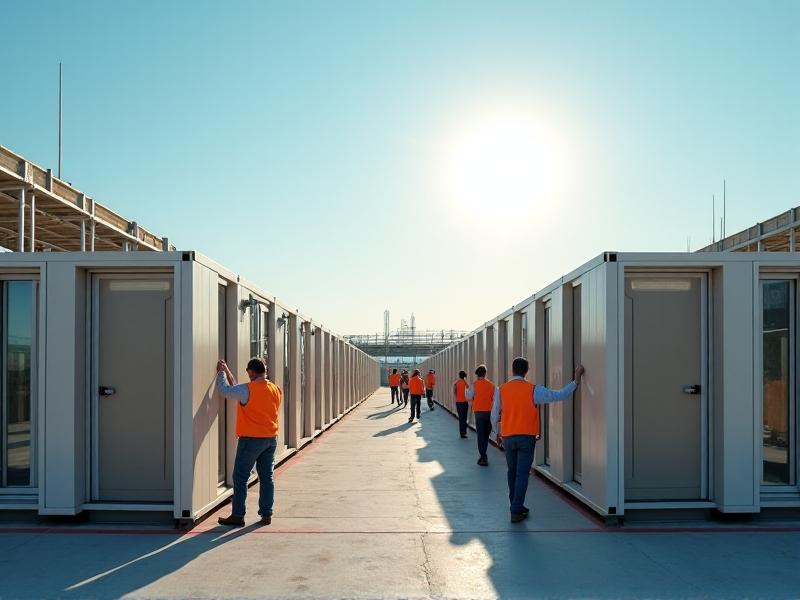
The Science Behind Fungal Insulation
Fungal insulation is a cutting-edge material derived from mycelium, the root structure of fungi. Mycelium grows in a network of fine threads, creating a dense, lightweight, and highly insulating material. When cultivated under controlled conditions, mycelium can be shaped into various forms, making it ideal for modular insulation units. The material is not only biodegradable but also possesses excellent thermal and acoustic properties. Research has shown that fungal insulation can significantly reduce energy consumption in buildings by maintaining stable indoor temperatures. This section delves into the scientific principles that make fungal insulation a viable and sustainable alternative to traditional insulation materials.
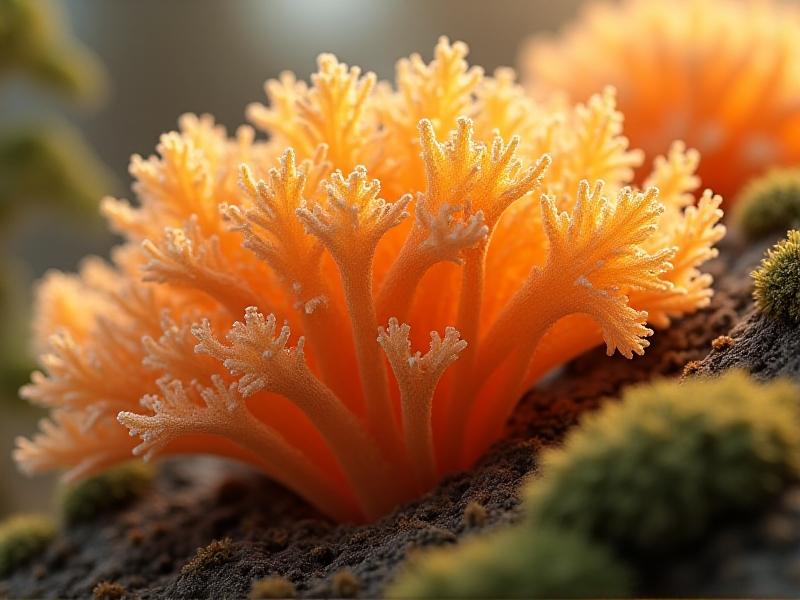
Advantages of Modular Fungal Insulation Units
Modular fungal insulation units offer numerous advantages over conventional insulation methods. Firstly, their modular nature allows for easy installation, replacement, and maintenance, reducing labor costs and construction time. Secondly, fungal insulation is environmentally friendly, as it is made from renewable resources and is fully biodegradable. Additionally, these units provide superior thermal performance, contributing to energy efficiency and lower utility bills. The adaptability of modular fungal insulation units also makes them suitable for a wide range of building types and climates. This section highlights the key benefits of adopting modular fungal insulation units in modern construction practices.
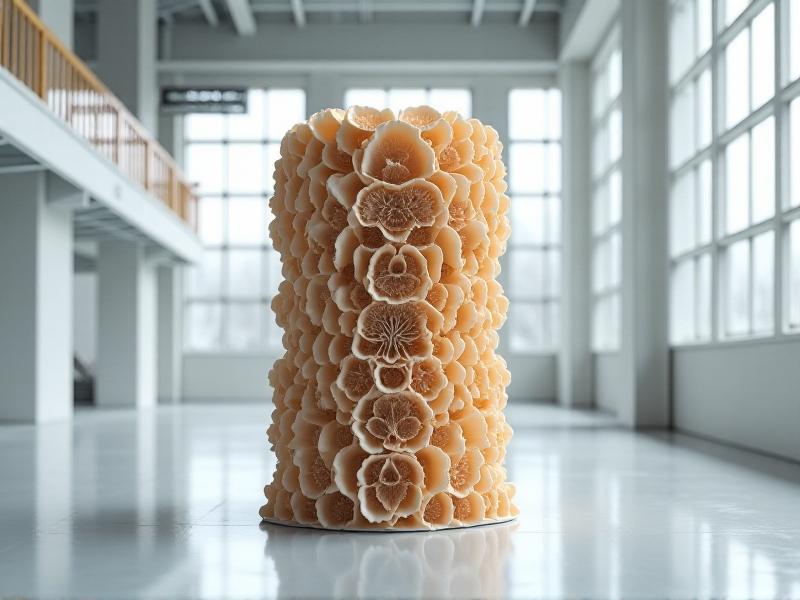
Design Considerations for Replaceable Units
Designing replaceable fungal insulation units requires careful consideration of several factors. These include the material's durability, compatibility with existing building systems, and ease of installation and removal. The units must be designed to withstand environmental stressors such as moisture, temperature fluctuations, and mechanical impacts. Additionally, the modular design should allow for seamless integration with other building components, ensuring a cohesive and efficient construction process. This section discusses the critical design considerations that architects and engineers must address when developing replaceable fungal insulation units.
Case Studies: Successful Implementations
Several pioneering projects have successfully implemented modular fungal insulation units, demonstrating their potential in real-world applications. For instance, a recent residential development in Europe utilized fungal insulation to achieve net-zero energy consumption, significantly reducing the building's carbon footprint. Another example is a commercial office building in North America that incorporated modular fungal insulation units to enhance thermal performance and indoor air quality. These case studies provide valuable insights into the practical benefits and challenges of using fungal insulation in construction. This section examines these successful implementations and the lessons learned from them.
Future Trends in Fungal Insulation Technology
The future of fungal insulation technology is promising, with ongoing research and development aimed at enhancing its properties and applications. Innovations such as genetically engineered mycelium strains with improved insulation capabilities and the integration of smart technologies for real-time monitoring are on the horizon. Additionally, advancements in manufacturing processes are expected to reduce production costs and increase scalability. As the construction industry continues to prioritize sustainability, fungal insulation is likely to play a crucial role in shaping the future of green building practices. This section explores the emerging trends and potential advancements in fungal insulation technology.
Challenges and Solutions in Modular Fungal Insulation
Despite its many advantages, modular fungal insulation faces several challenges that need to be addressed for widespread adoption. These include regulatory hurdles, limited awareness among stakeholders, and the need for standardized testing and certification. Additionally, the material's susceptibility to moisture and pests requires innovative solutions to ensure long-term durability. Collaboration between researchers, industry professionals, and policymakers is essential to overcome these challenges and establish fungal insulation as a mainstream construction material. This section discusses the key challenges and potential solutions in the adoption of modular fungal insulation.
Environmental Impact and Sustainability
Modular fungal insulation units have a significantly lower environmental impact compared to traditional insulation materials. The production process generates minimal waste, and the material is biodegradable, reducing landfill contributions. Furthermore, fungal insulation contributes to carbon sequestration by absorbing CO2 during its growth phase. By replacing conventional insulation materials with fungal alternatives, the construction industry can make substantial progress toward achieving sustainability goals. This section examines the environmental benefits of modular fungal insulation and its role in promoting sustainable construction practices.
Conclusion: The Path Forward for Modular Fungal Insulation
Modular fungal insulation represents a transformative approach to sustainable construction, offering numerous benefits in terms of efficiency, adaptability, and environmental impact. As the construction industry continues to evolve, the integration of innovative materials like fungal insulation will be crucial in addressing the challenges of climate change and resource depletion. By embracing modular design principles and advancing fungal insulation technology, we can create buildings that are not only energy-efficient but also environmentally responsible. The path forward for modular fungal insulation is paved with opportunities for innovation, collaboration, and sustainability, making it a key component of the future of construction.

